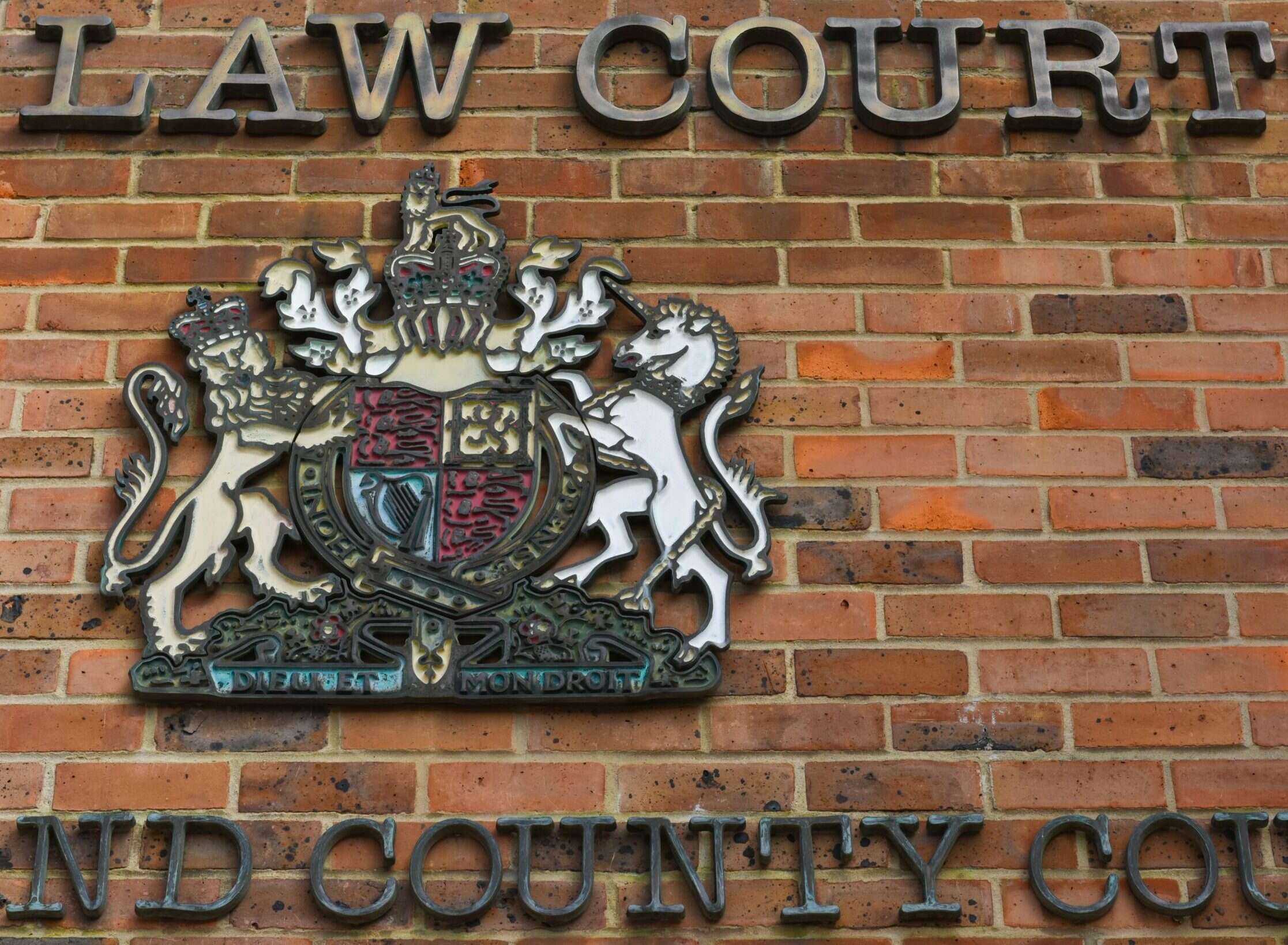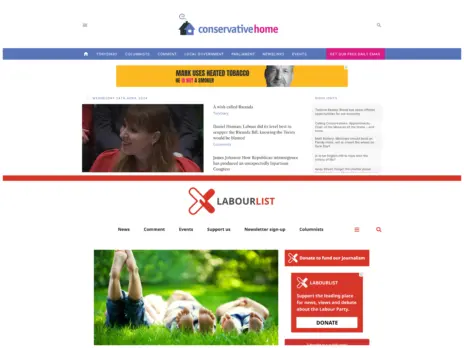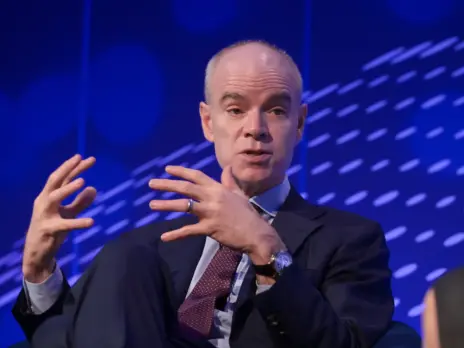
A study of court reporting in the UK has concluded public funding should be considered to safeguard the ability of local newspapers to be the eyes and ears of the public.
After interviewing 22 journalists from across the UK about their court coverage, Richard Jones of the University of Huddersfield warned any reduction on the current provision would have a “huge impact on open justice”.
His paper, published in the academic journal Journalism Practice, concluded that some form of public subsidy for court reporting, whether under an expanded BBC-funded Local Democracy Reporter Service or another scheme, would be “welcome”.
Jones acknowledged that most journalists who regularly cover courts are from the biggest local news groups, which include Reach, Newsquest, Archant and JPI Media.
There have previously been concerns they were over-represented in the first round of Local Democracy Reporter contracts compared to smaller publishers.
But Jones said these companies “come far closer to what the press ought to be doing [at court] than any other entity within the UK’s media landscape”.
The paper said: “This research reveals that, while undoubtedly interested in providing entertaining slices of local life that have a commercial value to their publishers, court reporters are also committed to telling important local stories while also scrutinising the activities of those with power, including police, prosecutors, magistrates and judges.
“Giving any kind of financial help to their employers might be open to the criticism of throwing good money after bad. In reality though, we would all be the beneficiaries.”
[Read more: Nine of ten local press democracy reporters funded by BBC are at big-three newspaper chains]
Newsquest, the second largest regional publisher in the UK, wanted to try to build a sustainable business model for court reporting but its proposal was rejected by Nesta’s Future News Fund.
Newsquest’s editorial director Toby Granville last year criticised the project, pointing out that the £2m put into it by the Government could have funded 75 court reporters across the UK instead.
He subsequently called for either the expansion of the LDR scheme or funding for court reporters from Google or Facebook: “It is only with a level of serious investment and collaboration in suggestions like these that we as an industry can really make a difference and ensure the public are provided with the knowledge of what’s happening in court rooms up and down the country,” he said.
Despite the growth of alternative media, hyperlocal outlets and citizen journalists, Jones wrote these have not permeated local court reporting in the UK and we are “more reliant on the legacy institutions that are local newspapers for court coverage than ever, not less”.
“There are certain characteristics in reporting the courts beat which help explain this: it is time consuming, requires attendance at a specific room in a location generally unfamiliar to those not ‘in the know’, a sound understanding of media law, and inside knowledge of when a potentially newsworthy case is coming up,” the paper said.
“In that context, it is probably not surprising that, the innovations of live text-based communication and smartphone photography notwithstanding, court reporting remains the preserve of professional journalists working in the traditional written media.”
[Read more: Managers praise Facebook-funded community reporters’ contribution to newsrooms]
In fact, other media outlets – including the national press – essentially use local court reporters as a “free research arm” to help them decide which cases to cover, the paper claimed.
Reflecting on his findings, Jones said: “Covering the courts is a classic part of local journalism. But we are now increasingly reliant on the major local press companies to keep it going – and their financial struggles have been well documented.
“If local newspapers are not able to staff the courts as often, there is nobody else who will adequately fill that gap.
“Fewer court reporters would have a huge impact on open justice. They are literally the only eyes and ears the public has in our courts.”
A BBC review last year said there was “good justification” for expanding the Local Democracy Reporting Service to include court reporting – but only after ensuring it is thoroughly covering the local authorities in its existing remit.
The House of Lords Communications and Digital Committee’s report into the Future of Journalism, published in November, addressed the “decline in court reporting” but only made recommendations relating to the opening up and modernising of proceedings.
Media Minister John Whittingdale told peers he advocated the LDR scheme being used to fund court reporters, saying “it is very rare now to see a court reporter perched, taking a record of the proceedings”.
Picture: Kelvin Atkins / Shutterstock.com
Email pged@pressgazette.co.uk to point out mistakes, provide story tips or send in a letter for publication on our "Letters Page" blog






